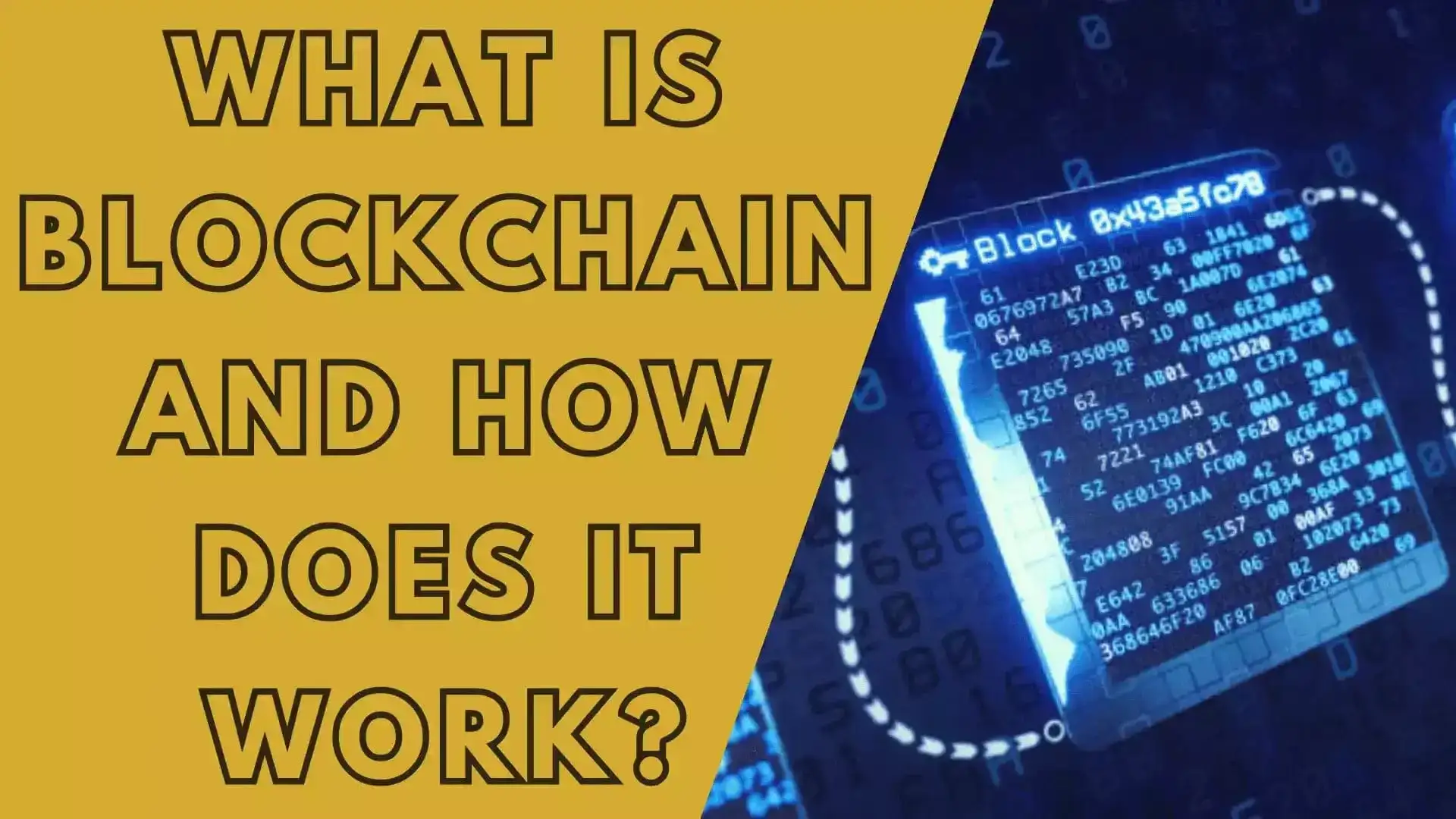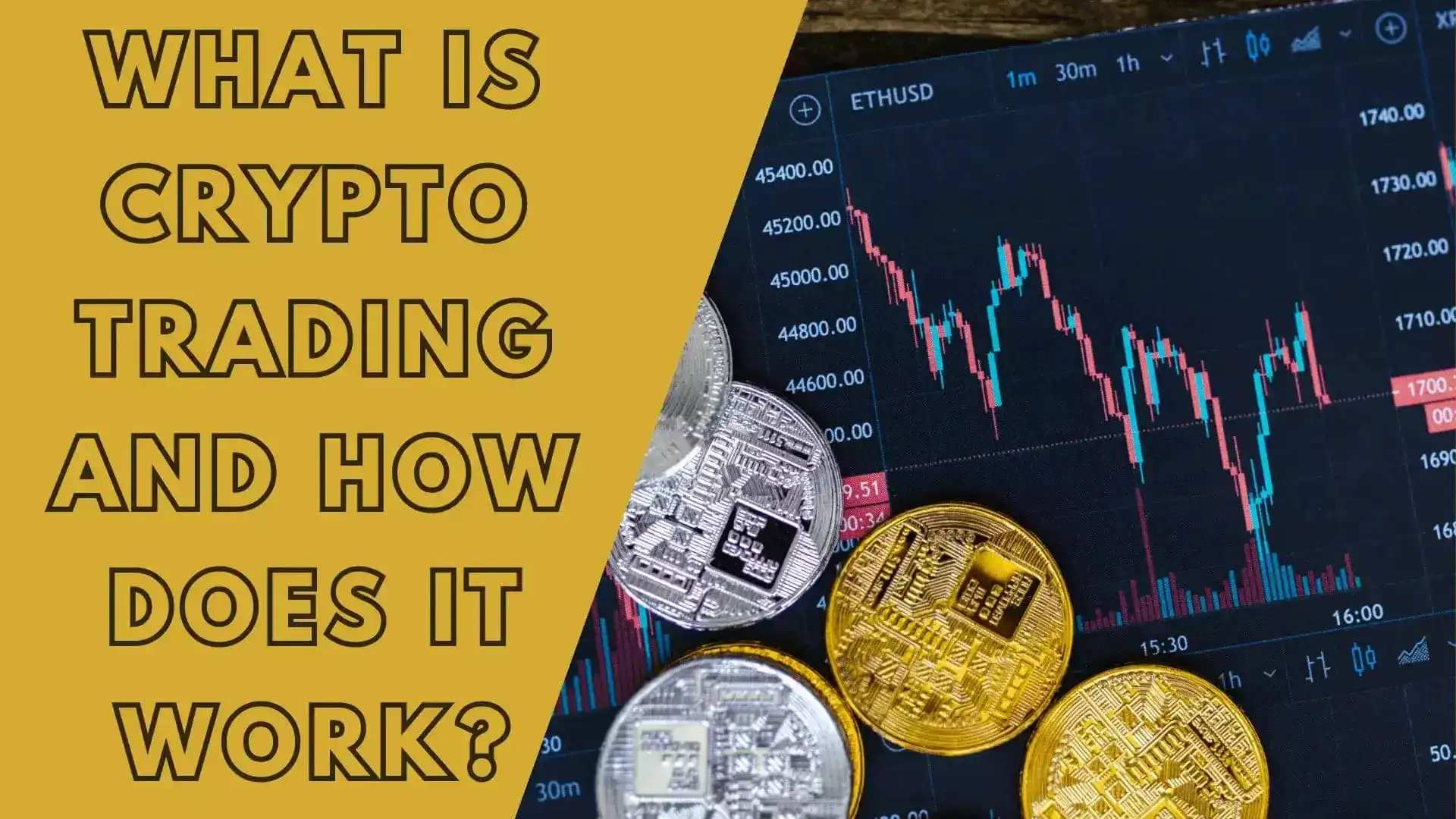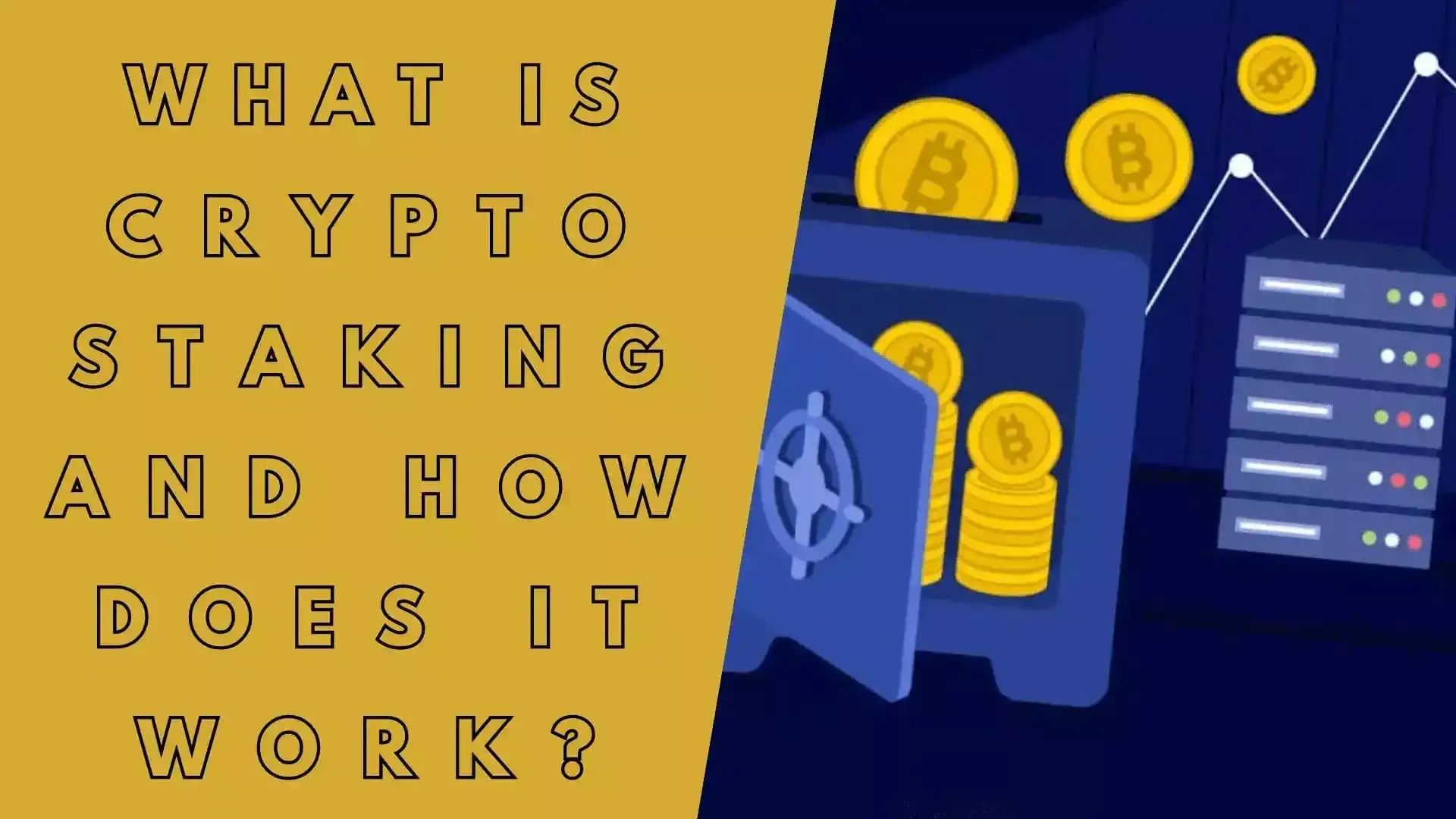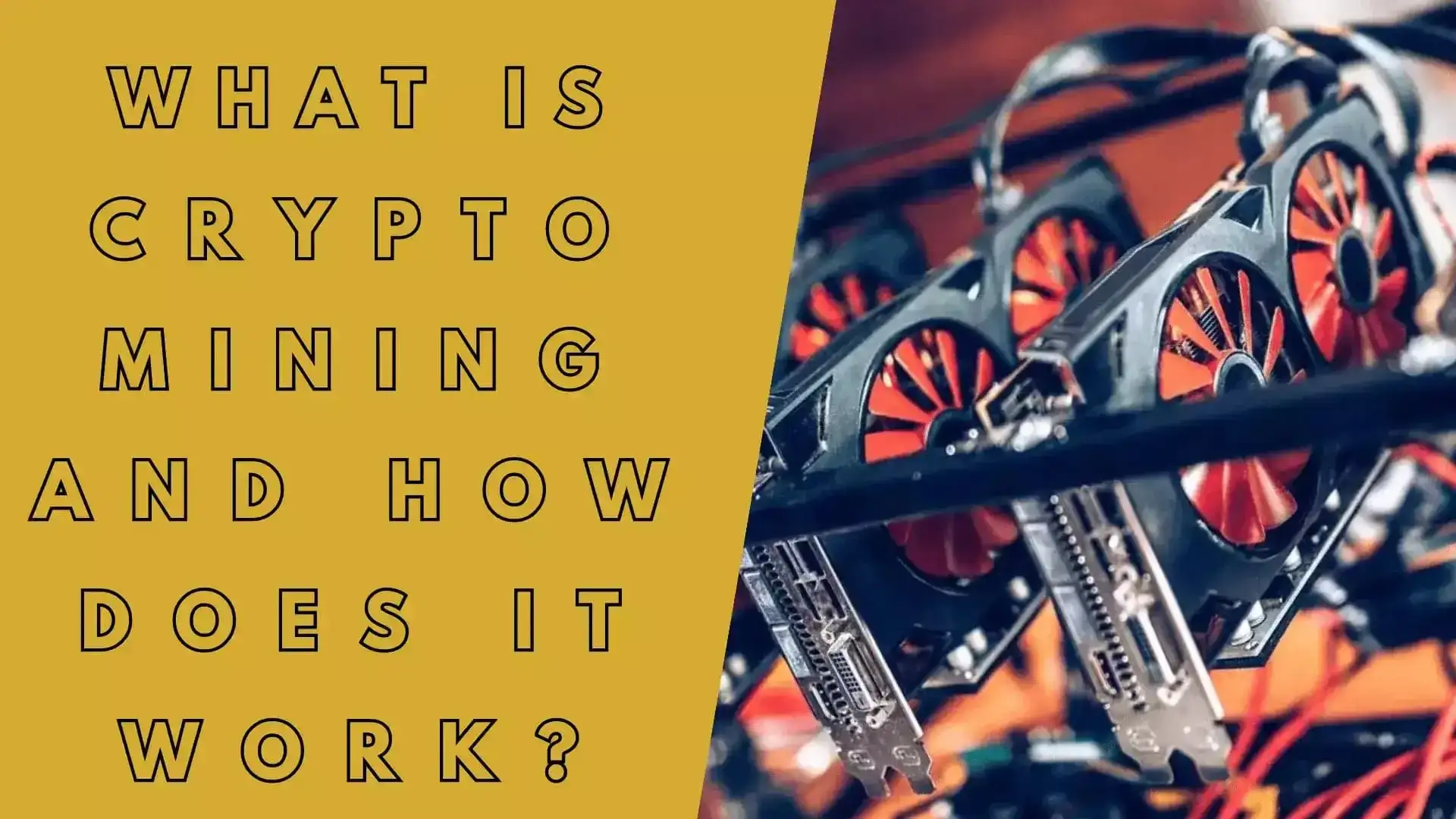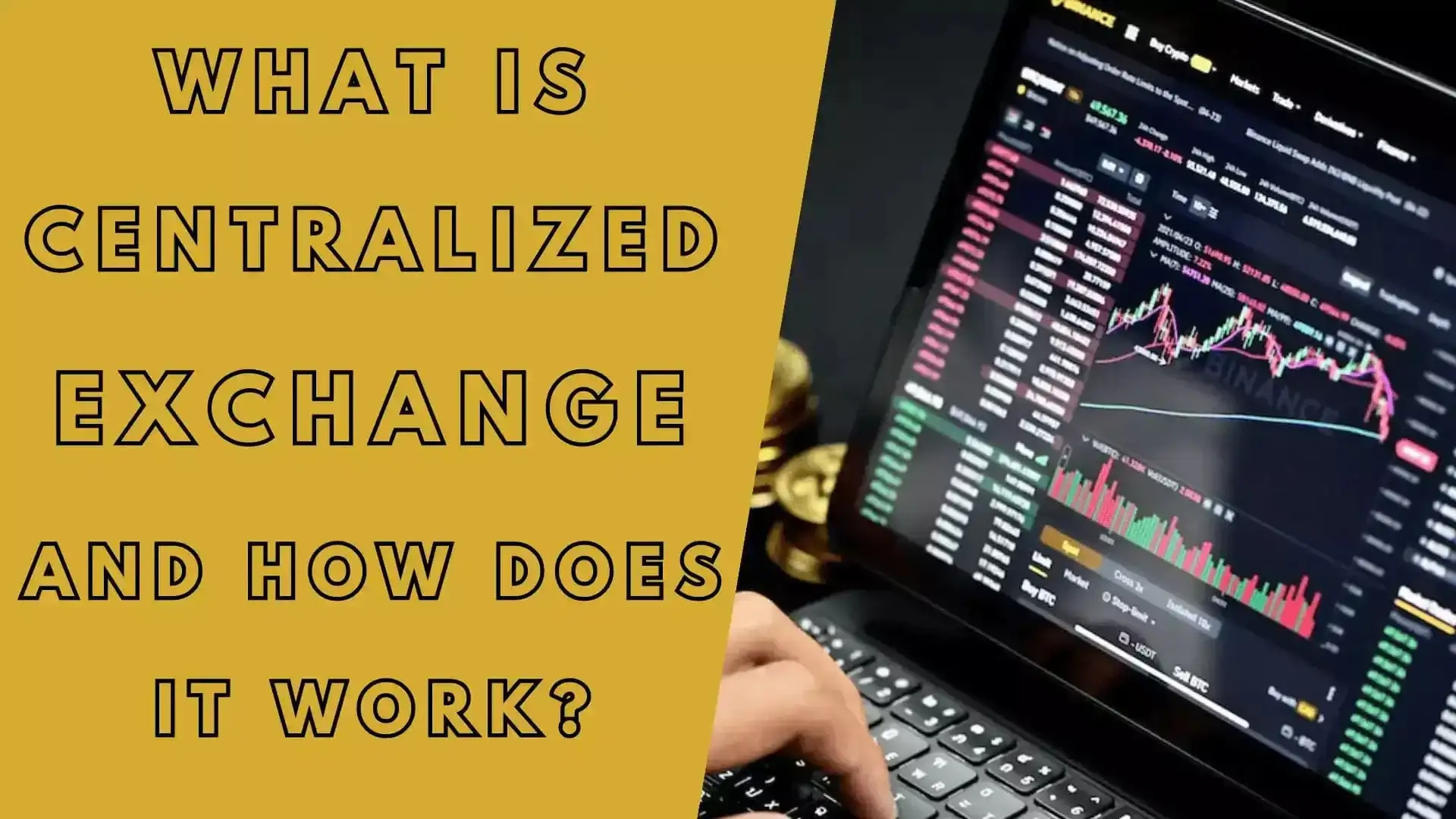Exploring Modular Blockchains: A New Paradigm in Decentralized Systems
In the ever-evolving landscape of blockchain technology, one concept that has garnered significant attention is that of modular blockchains. This innovative approach to blockchain design offers a versatile and scalable framework that promises to address some of the inherent limitations of traditional monolithic blockchains. In this article, we delve into the intricacies of modular blockchains, exploring their key characteristics, advantages, and potential applications.
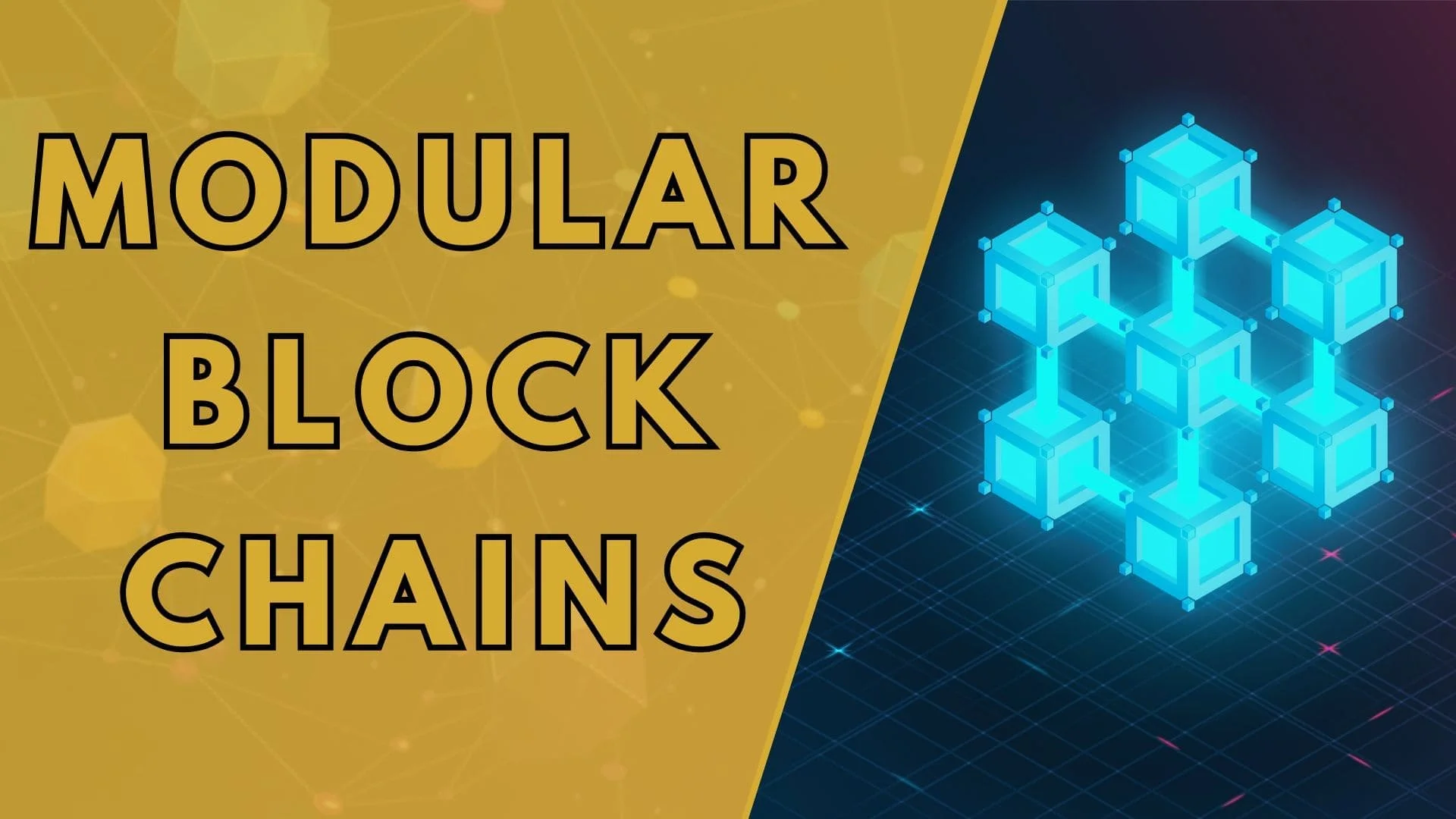
Posted on 5 Feb 2024
Understanding Modular Blockchains
At its core, a modular blockchain is built upon the principle of modularity, which involves breaking down a complex system into smaller, interchangeable components or modules. In the context of blockchain, this means structuring the network in a way that allows for the independent development and deployment of various functionalities or features.
Key Characteristics
- Modularity: The hallmark feature of modular blockchains is their modular architecture, which enables developers to customize and integrate specific modules according to their requirements. These modules can range from consensus mechanisms and smart contract platforms to identity management systems and interoperability protocols.
- Interoperability: Modular blockchains promote interoperability by facilitating seamless communication and data exchange between different modules or even between disparate blockchain networks. This interoperability opens up opportunities for cross-chain interactions and collaborations, enhancing the overall utility and flexibility of the ecosystem.
- Scalability: By breaking down the blockchain into modular components, scalability challenges can be addressed more effectively. Developers have the flexibility to optimize individual modules for performance and scalability, allowing the network to accommodate growing transaction volumes and user demands without compromising efficiency.
- Flexibility: The modular approach offers greater flexibility in terms of feature integration and upgradeability. New modules can be developed independently and seamlessly integrated into the existing infrastructure, enabling the blockchain to adapt to evolving technological trends and user needs.
Advantages of Modular Blockchains
- Customization: Modular blockchains empower developers to tailor the network architecture to suit specific use cases and application requirements. This customization fosters innovation and encourages the development of specialized solutions across various industries, from finance and supply chain management to healthcare and gaming.
- Enhanced Security: By decoupling different components of the blockchain, modular architectures can enhance security and resilience against potential vulnerabilities or attacks. Isolating critical functionalities within independent modules reduces the attack surface and minimizes the impact of security breaches on the overall system.
- Easier Maintenance and Upgrades: With modular blockchains, maintenance and upgrades become more streamlined and less disruptive. Developers can update individual modules without affecting the entire network, ensuring continuous improvement and optimization without causing downtime or service interruptions.
- Community Collaboration: The modular approach encourages collaboration and innovation within the developer community. Open-source modular frameworks allow developers to contribute new modules, share best practices, and collaborate on interoperability standards, fostering a vibrant ecosystem of decentralized applications (dapps) and services.
Potential Applications
The versatility and scalability of modular blockchains open up a wide range of potential applications across various industries:
- Finance: Modular blockchains can revolutionize the financial sector by enabling the development of customizable decentralized finance (DeFi) platforms, tokenization solutions, and cross-border payment networks.
- Supply Chain Management: By integrating modules for traceability, authentication, and smart contracts, modular blockchains can optimize supply chain processes, enhance transparency, and combat counterfeit goods.
- Healthcare: Modular blockchains offer secure and interoperable solutions for health data management, patient records, and medical supply chain tracking, facilitating seamless collaboration among healthcare stakeholders while preserving data privacy and integrity.
- Gaming and NFTs: In the gaming industry, modular blockchains can support the creation of decentralized gaming platforms, non-fungible token (NFT) marketplaces, and in-game asset ownership systems, empowering players with true ownership of digital assets and enabling new monetization models.
Conclusion:
Modular blockchains represent a paradigm shift in decentralized system design, offering unparalleled flexibility, scalability, and customization capabilities. By embracing modularity, blockchain networks can overcome existing limitations and unlock new possibilities for innovation across diverse industries. As the development of modular frameworks continues to evolve, we can expect to see a proliferation of decentralized applications and services that leverage the full potential of this transformative technology.

